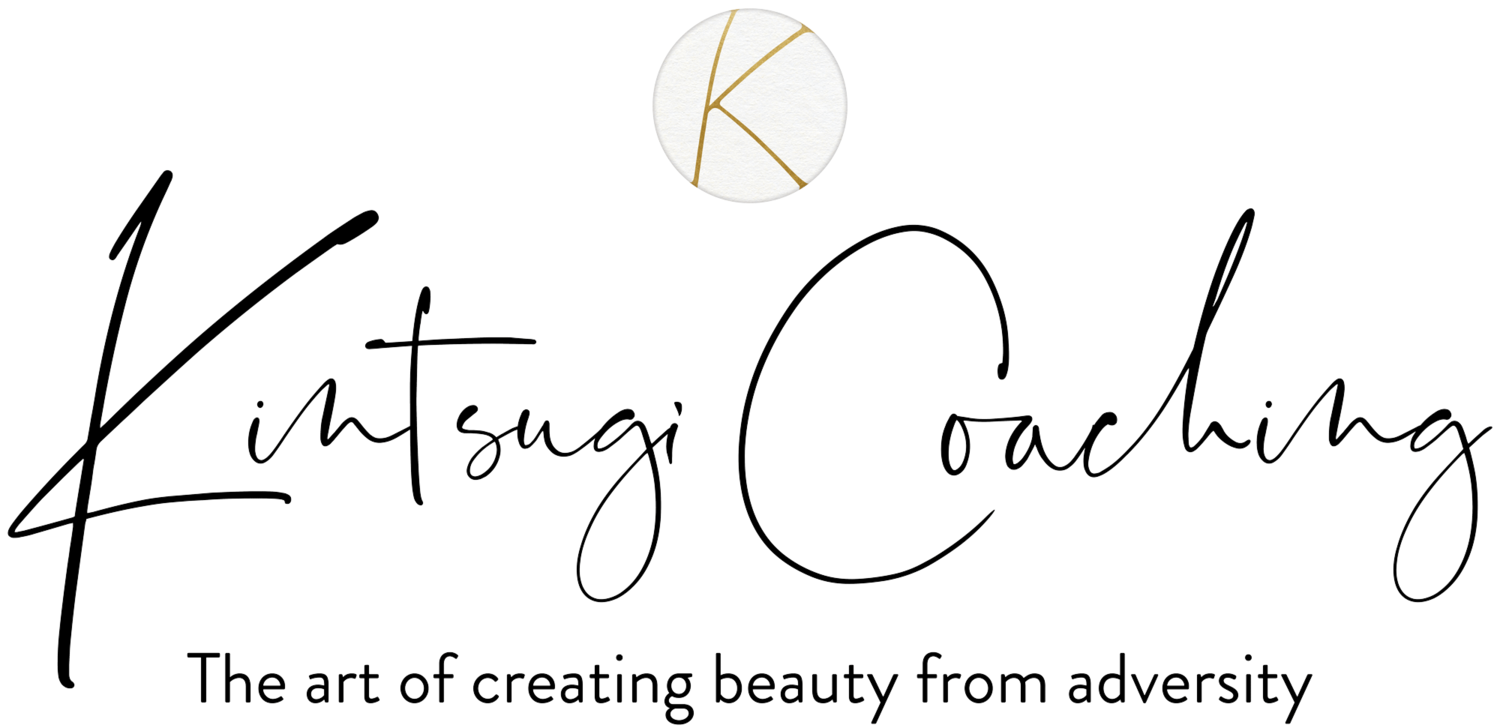On Loneliness
As I look back over all the essays and blogs I’ve written, I’ve never once addressed the subject of loneliness, which is really rather strange since loneliness is epidemic in our culture, and since I’m on very familiar terms with it myself.
I think loneliness is hard to talk about because it’s so incredibly vulnerable. I think it may be even more vulnerable than depression. And, after all, we now call depression a disease and pop a Paxil to quell its creeping advances, so it’s a medical problem (I soundly disagree with this, by the way. Depression, in my experience, is largely a symptom of unspoken grief.) But loneliness is, as yet, not in Merck’s stable of diseases real or created. There is no pill, and alcohol is remarkably ineffective.
Loneliness seems like a personal flaw. If you’re lonely, you’re not trying hard enough. You're not reaching out. Or there’s something really wrong: you’re weird or disfigured or too introverted. This is conventional wisdom. But this is not usually the case. I think that the psychologist Carl Jung really hit it on the head when he observed that, “Loneliness does not come from having no people about one, but from being unable to communicate the things that seem important to oneself….”
“Loneliness does not come from having no people about one, but from being unable to communicate the things that seem important to oneself….”
Loneliness, as often as not, occurs when we feel unable to express our true selves, or feel we are not understood or seen when we do. It is often observed that we can feel loneliest in a crowd: why is this so? Because the presence of others highlights our disconnection. It shines a spotlight on our sense of isolation. Above all else, loneliness is the longing to be in a relationship with the world.
It is no great mystery to me why so many of the greatest writers and artists throughout history have been very sensitive, solitary, and lonely people. They are people whose feelings run deep, who have a passion they need to communicate, and often an intensity that is not frequently understood. For such people, it can be difficult to share their intimate, inner experience in what is perceived as an extraverted, insensitive, and shallow world.
The only way through this impasse is to go in, by which I mean to root around and find what wants to be communicated, and to find a form that pleases which will do just that. For me, it’s writing. I write to connect: not just with others, but with my own soul. It is important to me whether I am read or not, whether it makes me money or not. For others, the expression may be through food or drawing, or dance or sewing. There are thousands of ways to communicate our inner experience; The important thing is that we do. The practice of connecting to our daimon —our genius, our inspiring force — is paramount in both understanding and assuaging our loneliness. Much of the sense of loneliness I have experienced throughout my life came from feeling that I didn’t belong anywhere. Once I realized that my belonging was to an interior world, the loneliness eased.
It is useful to take a good, hard look at one’s loneliness. Sometimes it is simply a matter of looking out: making an effort to do something new, to get out of our habitual rut. Sometimes volunteering is the way to go, getting out of our heads and our own small world. But if the loneliness runs deeper than that, you may need to do a little soul seeking. You may need to look in. Ask yourself these two questions: Are you expressing your creativity? Do you have a relationship with your true self?
Loneliness is, above all, a cry to connect to something more, something meaningful. It is a longing to be in an intimate relationship with one’s Self, which is to say, with the sacred, eternal, and beautiful expression of life that you are. It’s what it’s all about, baby. As Oscar Wilde said, “To love oneself is the beginning of a lifelong romance.”
If you need help sorting it all out, finding your daimon and your true self, give me call. I can help you to discover and create a relationship with yourself that will transform your loneliness into a unique and beautiful offering to the world. Find your voice. Ease into the conversation. There’s more.

